It’s autumn, which means another Helsinki International Film Festival is upon us. This time is twice as special, as HIFF celebrates 35 years of Love & Anarchy.
With a massive lineup of over 140 feature-length films and dozens of shorts in store, HIFF 2022 can get a little overwhelming with choice. That’s where this guide comes in.
Over the next three pages, I’ve curated 15 films that I’d recommend to everyone attending the festival. They’re not all movies that I’ve necessarily enjoyed, but they are each unique and interesting visions from talented filmmakers worthy of closer attention. Keep an eye out for full reviews coming out of each film later on during the festival.
Naturally, this selection barely scratches the surface of the festival. But fear not, I’ll be covering the whole two weeks with reviews and interviews. So come back often for ideas and new recommendations as they arrive.
And, most of all, have a fantastic time at the movies.
Part 1: The Must-See Films
These are the five films I would recommend not missing out on at any cost. If you only have a limited time at the festival, endeavor to catch at least one of these.
Sirens
One of my favorite films of the festival, Sirens is an intimate, funny, enlightening, and thoroughly charming documentary about the Lebanese trash/death metal band, Slave to Sirens.
Directed with grace and empathy by Rita Baghdadi, this is a stellar look at growing up, falling in and out of love, and pursuing your passion. The only difference is, that these remarkable women do so in the face of daily protests, unrest, and a broken system where even an admission of loving someone can be dangerous.
On top of all that, their music is absolutely fantastic. Sirens is a rousing beginning to what I hope is a long, triumphant story.
Decision To Leave
Park Chan-Wook is a fascinating filmmaker, one whom I can never pin down. He happily leaps across genre lines, directing political thriller, horror, and erotic drama seemingly effortlessly.
His latest, a stirring crime story of unsolved murders and unfulfilled longing, is a kind of amalgamation of everything that makes his work unique. It brings to mind the vastness of Memories of Murder while echoing the dangerous and misguided passion of Chan-Wook’s own The Handmaiden.
The result is a complex film that is never contrived, unhurried but never dull. A luminous meditation on regret and justice, and the moments where the thirst for either can consume us.
The Banshees of Inisherin
It’s a new Martin McDonagh picture, and that alone should be a cause for celebration.
Set on a fictional island in 1920s Ireland, when the civil war rages on the mainland, Banshees is a pitch-black comedy about the immense pain of knowing someone doesn’t want to be friends with us anymore. The less said about the plot, the better. But if you’re already a fan of McDonagh, you can probably guess how far things can spiral out of control.
Starring Colin Farrel and Brendan Gleeson as the two squabbling former friends, and featuring heavy hitters such as Kerry Condon and Barry Keoghan in supporting roles as local dummies and instigators, Banshees is already touted as one of the best films of the year – and with good cause.
Luckily, Banshees will get a theatrical release later down the line. So even if you miss it as the closing night film, you won’t be entirely deprived of its pitch-black graces.
1976
Manuela Martelli’s debut film is a devastating portrait of a disconnected upper-class housewife crashing headfirst into the violent fascism of Augusto Pinochet’s totalitarian regime. Led with quiet ferocity by the exquisite Aline Kuppenheim, 1976 offers no easy answers. Every choice leads to unforeseen consequences. Good intentions can cost lives.
It captures the constant unease and terror of societal oppression with eloquence and unflinching bravery, as Martelli leads us deeper into the horrors of fascism, which many ignore in fear of losing their comfort.
Neptune Frost
One of the great joys of Love and Anarchy is finding films you’d easily miss otherwise. Those magical creations defy expectations and definitions. Neptune Frost, directed by Saul Williams and Anisia Uzeyman, is precisely that. A genre-hopping, Afrofuturist musical, where past and present, reality and fiction, collide in a seismic, profound way. I can’t say I understand all of it. I can’t even say I’m entirely sure I enjoyed every minute. But there’s no way I can forget about it.
This is a startling work by talented artists presenting a singular vision that is unlike anything I’ve ever seen. It’s a joy and privilege to experience, one you should not miss out on the big screen.
Part 2: Well Worth Your Time
Tickets sold out to the first five? No worries, this selection of documentaries, high-wire action, comedy, and intense drama should have something for everyone.
Once Upon a Time in Uganda
If you’ve never seen or even heard of Wakaliwood films, you’re in for a treat.
Made for less than no money, but with passion and vision to spare, Wakaliwood productions are insanely ambitious films of all genres – sometimes in a single movie! – that don’t know the meaning of “we don’t have the money for that.”
Director Cathryne Czubek charts the unlikely partnership between the father of Wakaliwood, Isaac Nabwana, and New Yorker Alan Hofmanis, who travels to Uganda after seeing a trailer for Nabwana’s films and recognizing a kindred spirit.
Together, the duo creates the genre of “beating-up-the-white-guy”, which, to no surprise, becomes a massive hit.
Once Upon a Time in Uganda is an infectiously funny and inspiring love letter to the art of filmmaking. It celebrates the passion of anyone who pursues this crazy art form in their own way. Sometimes it just happens to involve ninjas and cannibals.
Revolution of Our Times
Kiwi Chow’s epic documentary is a miracle simply for existing. Gathered from smartphone footage, interviews, newsreels from now-banned journalists, and animated sequences where no material exists, Revolution of Our Times is sprawling in scope, but intimate in its depiction of a desperate struggle for freedom.
The nearly three-hour film refuses to sit down and explain the sociopolitical history of China to the viewers. It trusts in the intelligence of the audience. Instead, it focuses on the immediate. The emotional devastation and rage of a generation disillusioned by their leaders. It’s a work of staggering journalistic excellence. A vital time capsule and document that cannot be overlooked.
See How They Run
We really have Rian Johnson to thank for this resurgence of classy, fun murder mysteries. His brilliant modern revival of Agatha Christie-style sleuthing paved the way for the rebirth of an entire genre.
Joining the party this time around are Sam Rockwell and Saoirse Ronan, playing a mismatched pair of detective and rookie, who must solve the murder of a known thespian in the British theater circles.
I haven’t seen this one yet, but the trailer and cast are hugely promising. Rockwell is a gem, and Ronan is one of the finest actors of their generation. Their comedic timing should provide for plenty of hijinks. A hoot-dunnit, you might say.
I’m not sorry.
Raging Fire
In an extremely sad turn of events, director Benny Chan sadly passed away just at the tail end of production for Raging Fire. Mere months before he could see the reception for his final film. Not only is his loss untimely, Chan was only 58, but it’s also bittersweet that his final picture is one of his very best.
Raging Fire has all the hallmarks of its director. The plot is convoluted and often nonsensical. Everyone has Feelings with a capital F, and they’re not afraid to voice them even if the scene doesn’t particularly call for it. Most of the time, you’re just hanging on to make sense of the damn thing.
But none of that matters, because at the same time, Raging Fire is outrageously inventive and entertaining. The intense set pieces keep ramping up the tension, and just when you think it can’t get any crazier, Chan pulls out something wilder.
There are elements of Heat, Infernal Affairs, and The Raid, but despite its obvious influences, Raging Fire never feels like a patchwork of other films. Instead, it’s like a delicious stew of familiar ingredients served together in a way that sates the appetite of even the most hardened action connoisseur.
The Passengers of the Night
I’m a sucker for finely crafted melancholia, and that’s a particular subgenre in which French cinema excels.
Spanning the decade of the 1980s, The Passengers of the Night follows the recently divorced Élisabeth, played by Charlotte Gainsbourg. Initially paralyzed by the loss of her marriage and the life she’s known, Élisabeth slowly, but surely, begins again as Mikhaël Hers’ gentle directing never hurries the story.
I wouldn’t go so far as to say there isn’t a plot, but Hers is far less interested in traditional narrative, and more in the moments that happen between the big events. The shared quiet between friends, the grace of a random act of kindness, unexpected passion. Things that feel seemingly inconsequential, but weave a tapestry of our lives in the years that pass.
Anchored by the mesmerizing Gainsbourg, The Passengers of the Night doesn’t make a show of itself. It doesn’t need to. It exists, and we’re so lucky that it does.
Part 3: For The Fans
The five films you might enjoy if you’re already a fan of the genre or the filmmakers, or just want to try something entirely different for a change.
Holy Spider
Ali Abbasi’s previous film, the magical realist fable Border, never sparked the attention it really deserved. A quietly beautiful story of acceptance and longing told through the lens of folklore and myth, it announced the arrival of an exciting new voice in modern cinema.
Now, with Holy Spider, a brutal, harrowing story about the hunt for a serial killer in Iran, Abbasi dives even deeper into the darkness. While I haven’t seen his latest film yet, word on the street is this is something you shouldn’t miss. Even if it asks an immense amount from its viewer.
Intensely brutal to the point of exploitative, Holy Spider made waves at Cannes, where it attracted praise for its unflinching depiction of violence towards sex workers, but also condemnation for what others perceived as a misogynist approach to the subject matter.
Whatever the result, Abbasi’s vision is one of a constantly evolving filmmaker, one whom I will always show up for.
Triangle of Sadness
Here’s the thing, I didn’t particularly like Ruben Östlund’s latest satire. Not because it’s a bad film, either. Östlund is far too good of a filmmaker to make something truly terrible.
But Triangle of Sadness suffers from a bad case of centrist satire, where the filmmaker mistakes the idea of laughing at everyone to carry equal weight. In this case, much of the humor comes from pointing and guffawing at the obscenely wealthy. Until it doesn’t, we’re supposed to both celebrate and then recoil at the idea of the working class usurping power.
It’s superbly directed with some powerful performances, but a weak third act and a cowardly ending make this a difficult almost three-hour picture to recommend. Yet recommend it I shall, simply for the joyous moments where Östlund’s wild ideas hit their mark.
Even in a weaker film, his finest moments are better than entire features from lesser directors.
The Sparks Brothers
I’m not a huge Sparks Brothers fan and this documentary about their eclectic, surprisingly influential career, didn’t change that. I suspect it won’t for many who already aren’t devout followers.
But that doesn’t mean that Edgar Wright’s loving tribute/documentary isn’t infectious nonetheless. Featuring a massive roster of musicians from the past decades, it’s a thrill to hear just how much the performing duo behind The Sparks Brothers means to their peers.
Charting their 50 years in the music business, The Sparks Brothers is one part biopic, part rockumentary, and part an extension of the oddly endearing performance art the real-life brothers invented for themselves.
The songs are bangers, the subjects are witty and totally game to make fun of their eccentric image, and Wright proves himself a talented documentarian on top of all things. So what even if you’re not a convert by the end? When you’re having this much fun, it really doesn’t matter.
Plan 75
In case you were feeling too happy with things, here comes Chie Hayakawa’s debut feature, Plan 75, to remind you of your inevitable mortality and the sorrow that is our traveling companion on the road to the end.
Don’t worry, this isn’t a case of miserabilism for the sake of misery. Instead, while unsentimental, Hayakawa’s film is intensely empathetic as it pleads for compassion towards others. Be they old or young.
Set in a dystopian Japan of the future, Plan 75 is the titular bill that permits anyone over the age of 75 access to assisted dying, regardless of their health.
Hayakawa’s story brings together people on both sides of the bill, both those waiting to go and those helping them leave. It forces us to face the deeply troubling implications of a society that treats the elderly as a burden. After all, that’s what waits for all of us.
Luckily, Hayakawa doesn’t settle for finger-wagging and complacent moralizing. Instead, Plan 75 leaves the viewer with a newfound respect for the time they have, and a desperate need to ensure everyone has the same dignity and agency to live – and live out – their lives the way they choose.
JFK Revisited: Through The Looking Glass
I was surprised to find Oliver Stone’s latest documentary on the roster. Mostly because Stone, always a vocal contrarian, has in the last decade become something of a publicist for the Kremlin. In light of recent world events, his presence feels odd.
That said, JFK remains one of his most treasured and brilliant works – even though it’s largely a fantasy. Hoping that his latest defense will change minds, JFK Revisited returns to cover recently declassified documents and talk to more experts.
But, more importantly, it’s a continued dialog between a master filmmaker and his government. For better or worse, it’s an important example of propaganda from both sides, one that we should not shy away from.

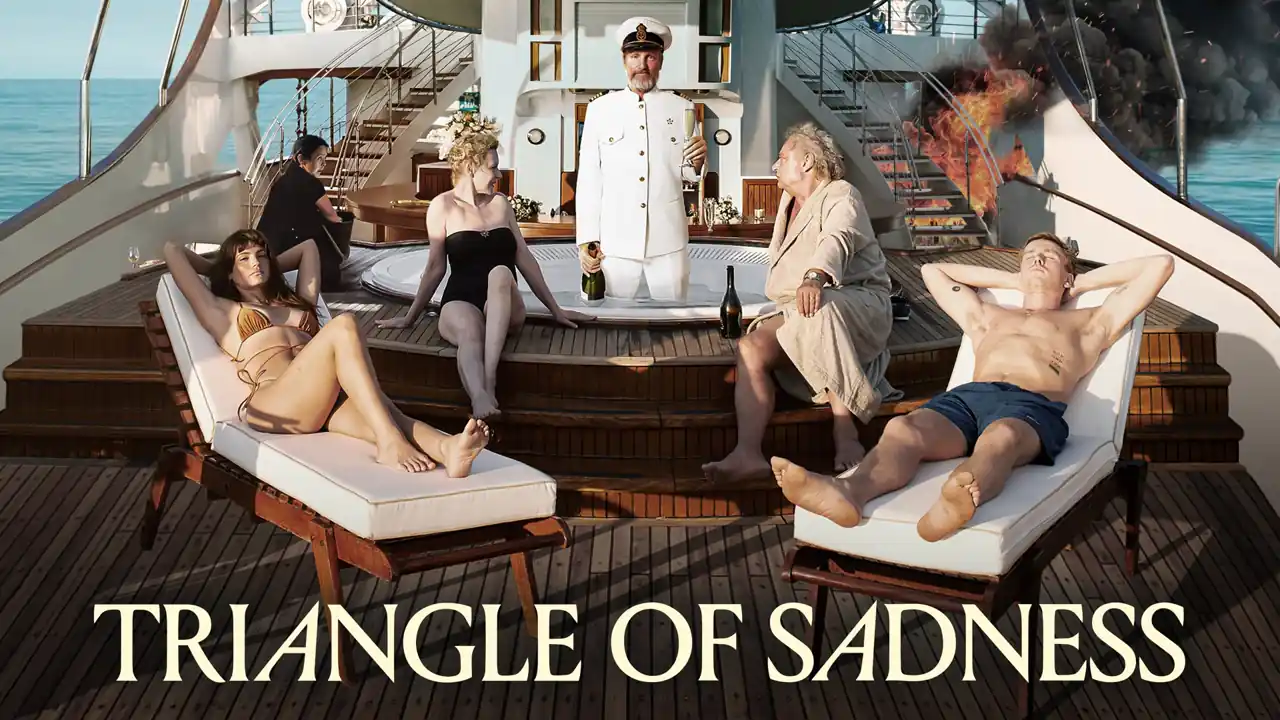

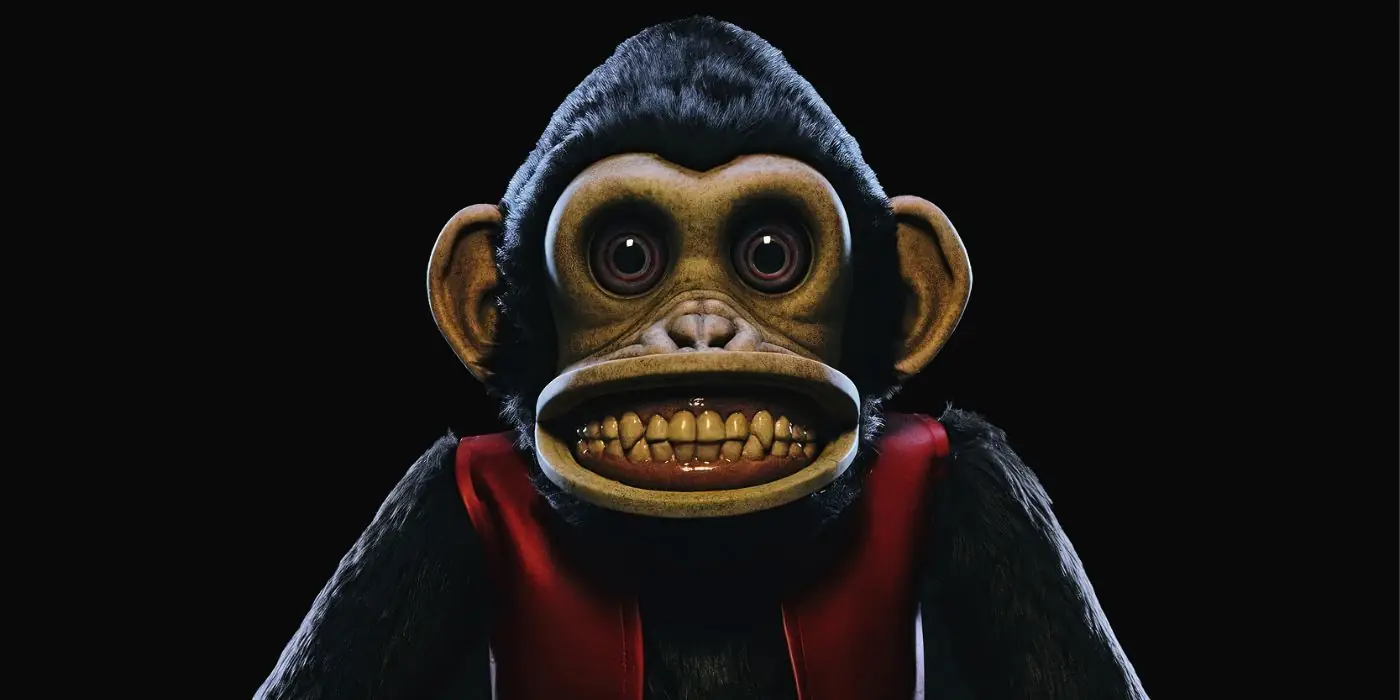
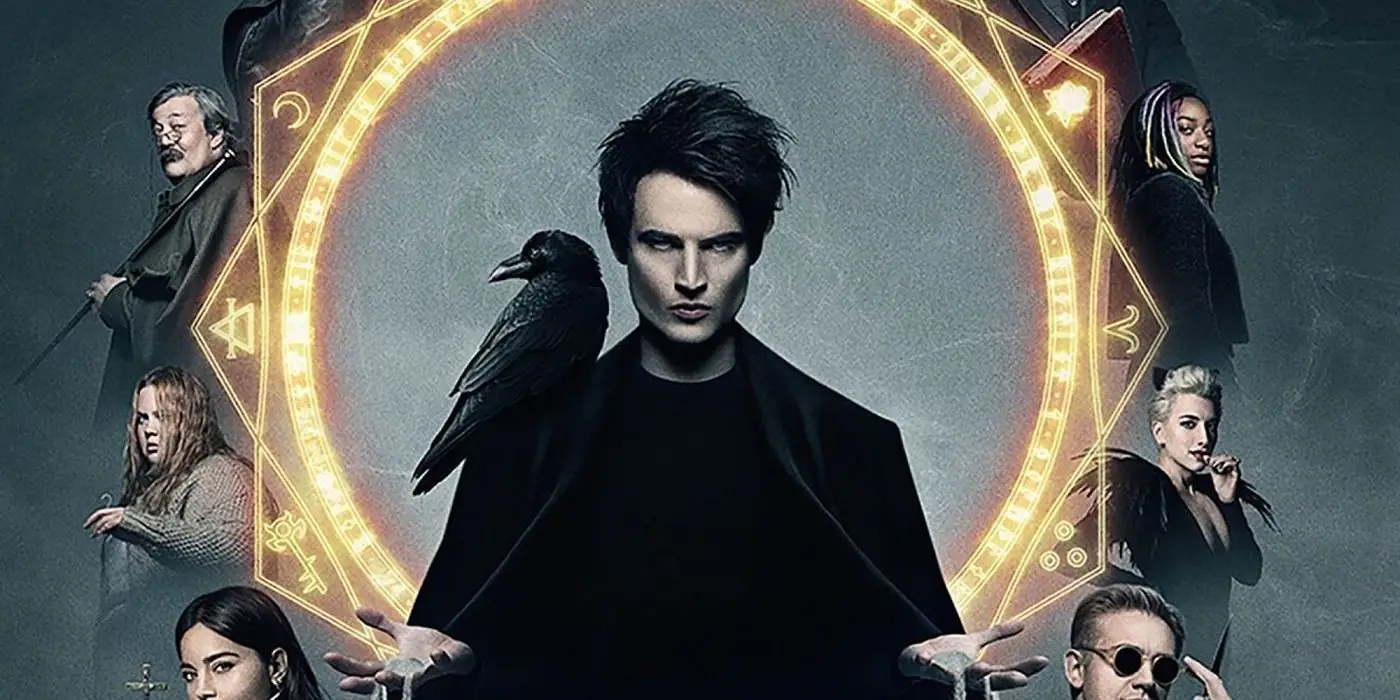
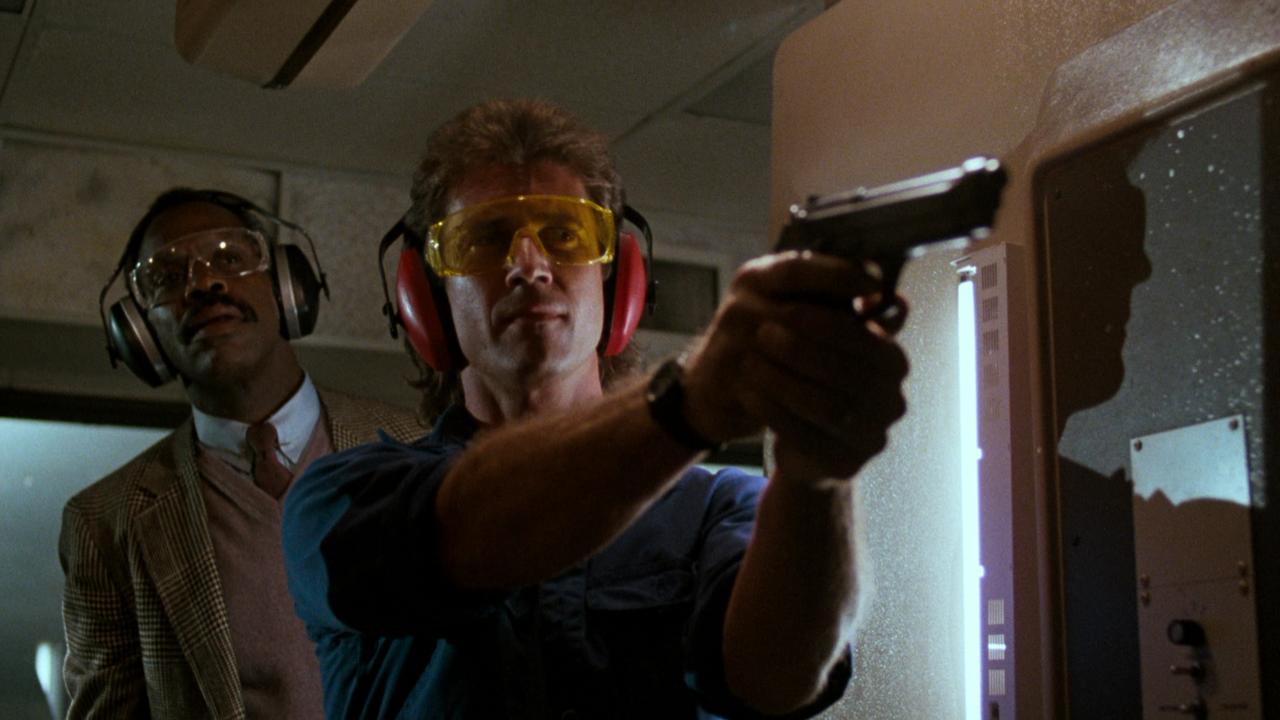

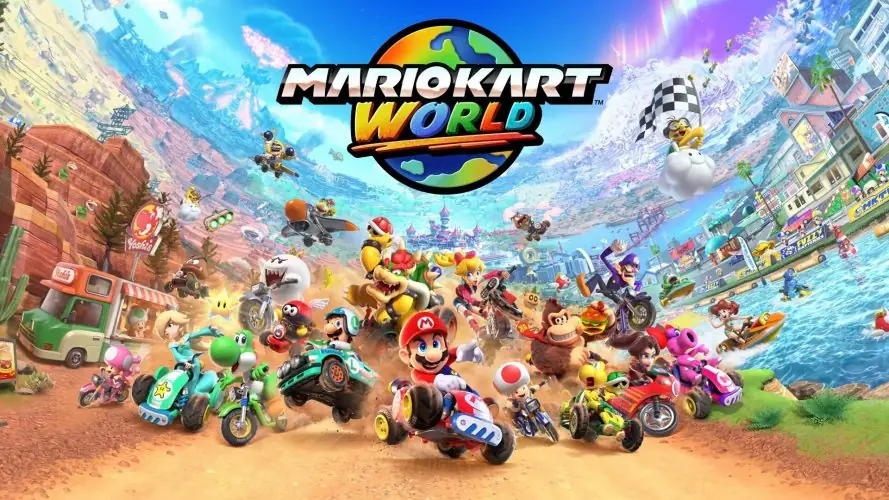
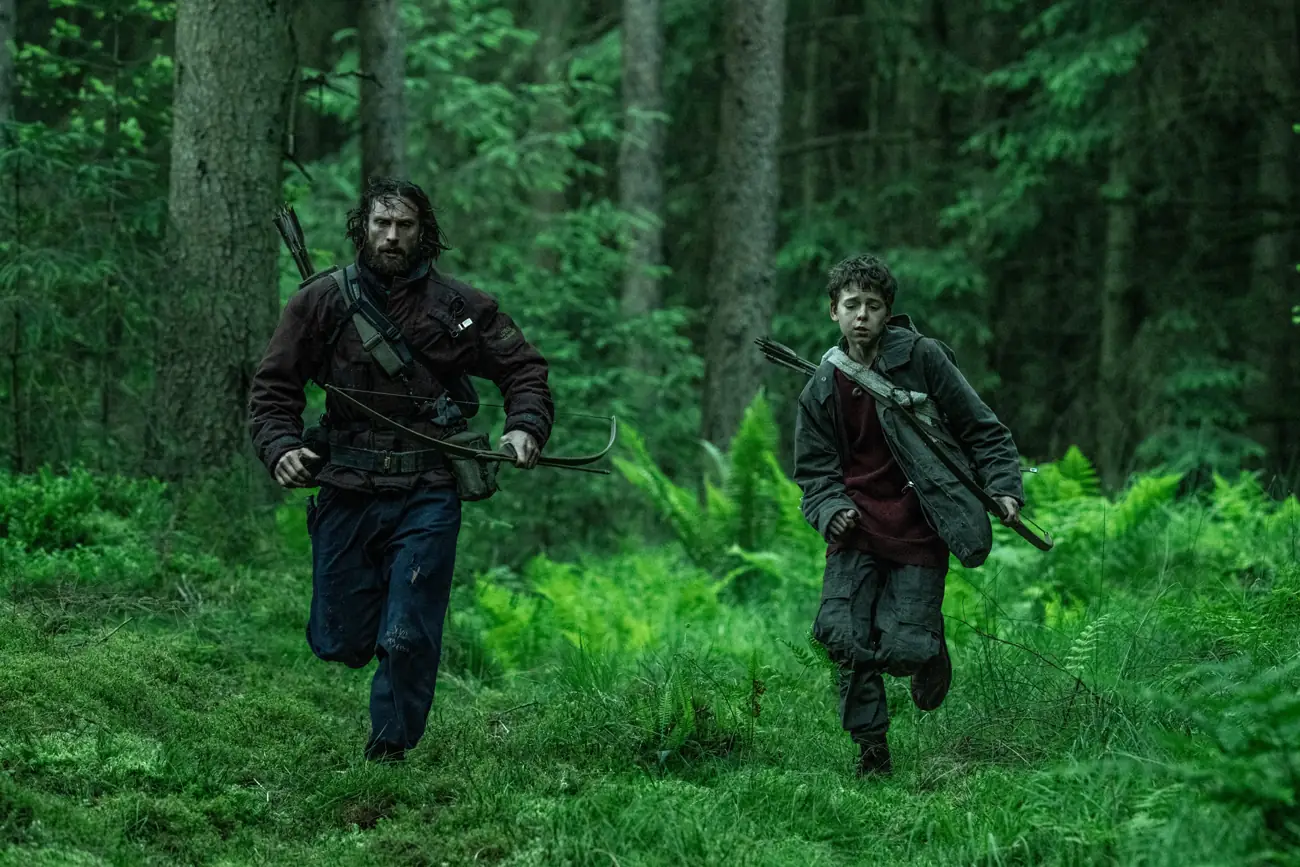



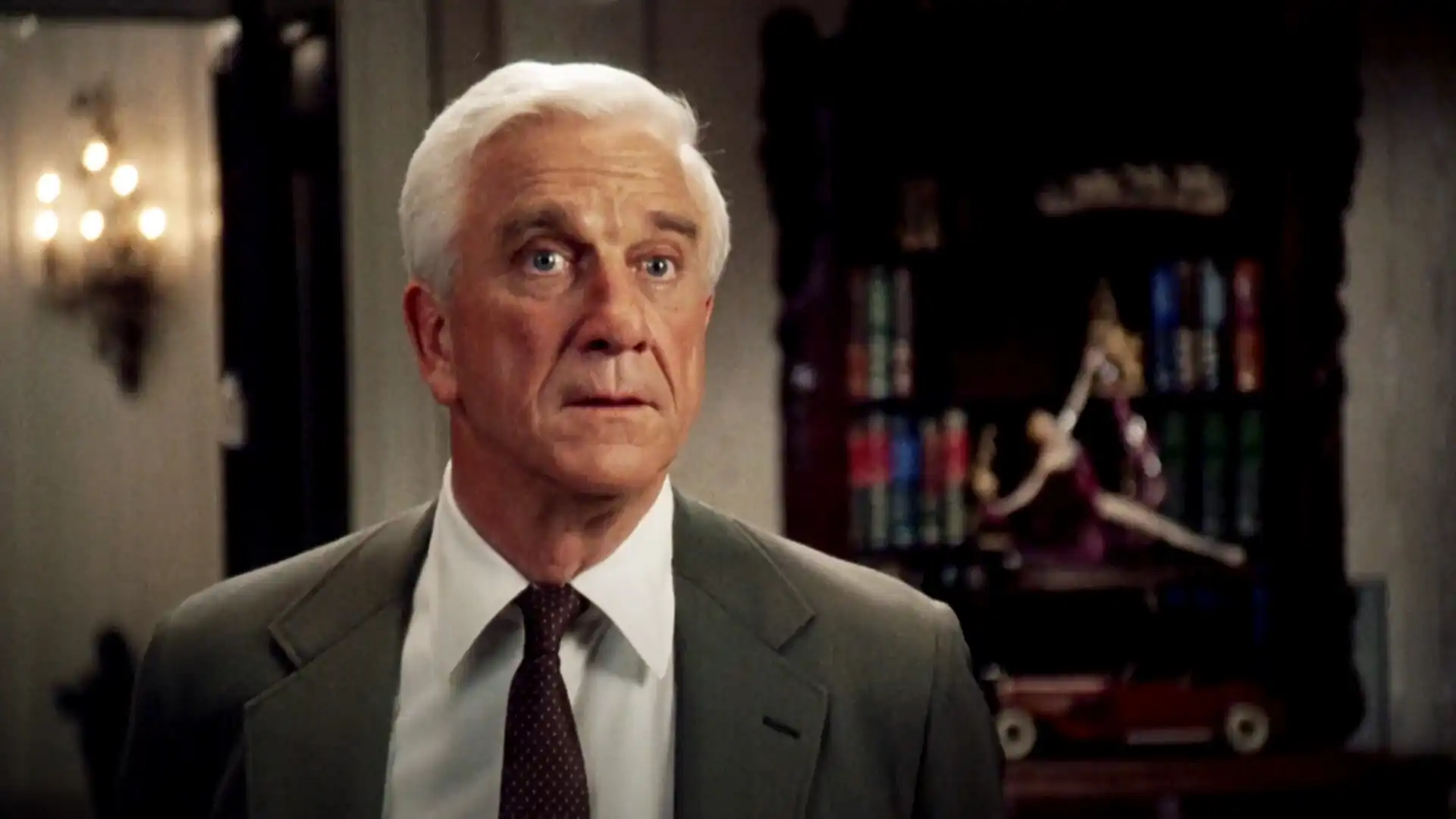

Discussion